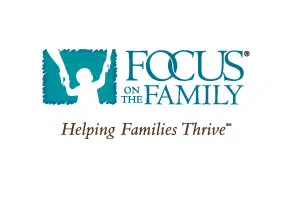By Ann Saphir and Susan Heavey
(Reuters) – Some workers in Georgia and other U.S. states prepared to go back to work for the first time in a month, as data released on Thursday showing soaring unemployment claims reaffirmed the grim economic toll of the coronavirus pandemic.
A Reuters tally shows more than 840,000 Americans have been infected and nearly 48,000 have died in the outbreak.
Angie Bullman was getting ready to reopen her suburban Atlanta, Georgia, hair salon on Friday in line with a lifting of restrictions on gyms, nail salons and other shops. She says she and her co-owner husband are fully booked for the weekend.
“We got to get back to work,” Bullman said.
Georgia and South Carolina are among a handful of states allowing more businesses deemed as “non-essential” to reopen, drawing criticism from some health experts who warn of a potential new surge in cases of COVID-19, the respiratory illness caused by the novel coronavirus.
Georgia Governor Brian Kemp, a Republican ally of U.S. President Donald Trump, is pushing ahead with his reopening plan despite receiving a rare rebuke from the president on Wednesday that it was too soon to allow people to come in close contact in gyms and hair salons.
U.S. Representative Doug Collins, a Georgia Republican and one of Trump’s top supporters in the House of Representatives, said on Thursday that while he, Kemp and Trump all wanted to reopen the economy, mixed messages were worrying.
“It’s made people nervous. Clear communication is what has to happen. But when you’re telling people to still stay at home but yet we’re going to open certain businesses, that creates a problem in which people are not sure what to do,” Collins told Fox News in an interview.
“My concern was not having the local input into that” decision by Kemp, Collins added, saying his district north of Atlanta was seeing a rapid increase in cases.
The push by some states to restart their economies comes as fresh data points to the devastating economic toll caused by the pandemic.
U.S. Labor Department data released on Thursday showed that 26.5 million Americans have sought unemployment benefits over the last five weeks, confirming that all the jobs gained during the longest employment boom in U.S. history have been wiped out by the pandemic’s impact.
Aiming to support the economy, members of the U.S. House of Representatives were due to gather in Washington on Thursday to pass a $484 billion coronavirus relief bill, bringing the total crisis funds approved to nearly $3 trillion.
Trump has promised to swiftly sign the funds into law.
A Reuters/Ipsos survey this month showed a bipartisan majority of Americans want to continue to shelter in place to protect themselves from the coronavirus, despite the impact to the economy.
(Reporting by Ann Saphir in San Francisco; Lindsay Dunsmuir, Susan Heavey, Patricia Zengerle, Richard Cowan, Jeff Mason and Lucia Mutikani in Washington; Rich McKay in Atlanta, and Nathan Layne in Wilton, Connecticut; Editing by Howard Goller)




